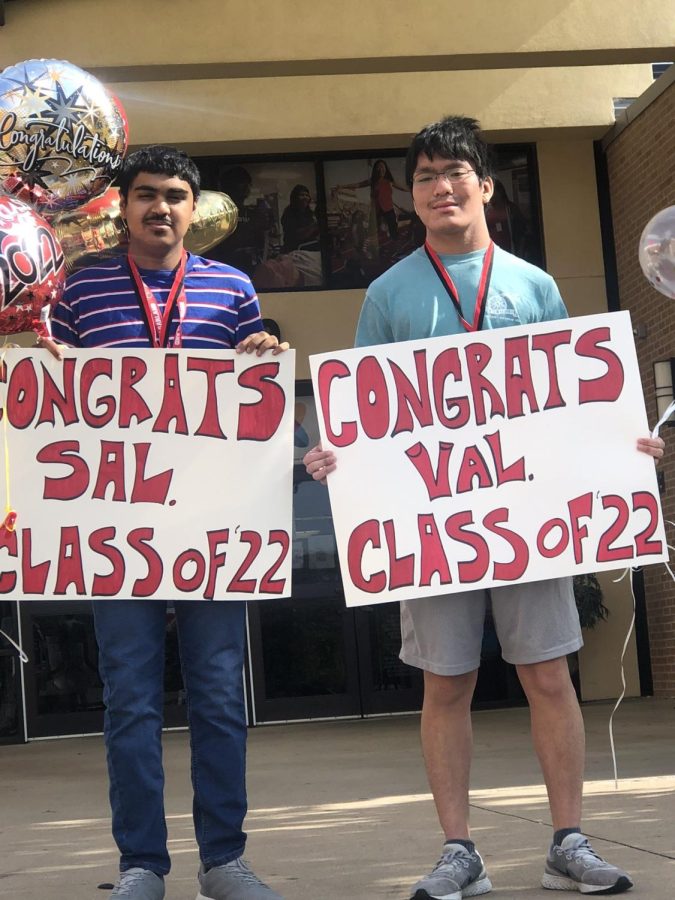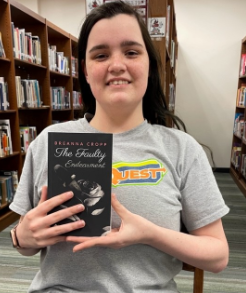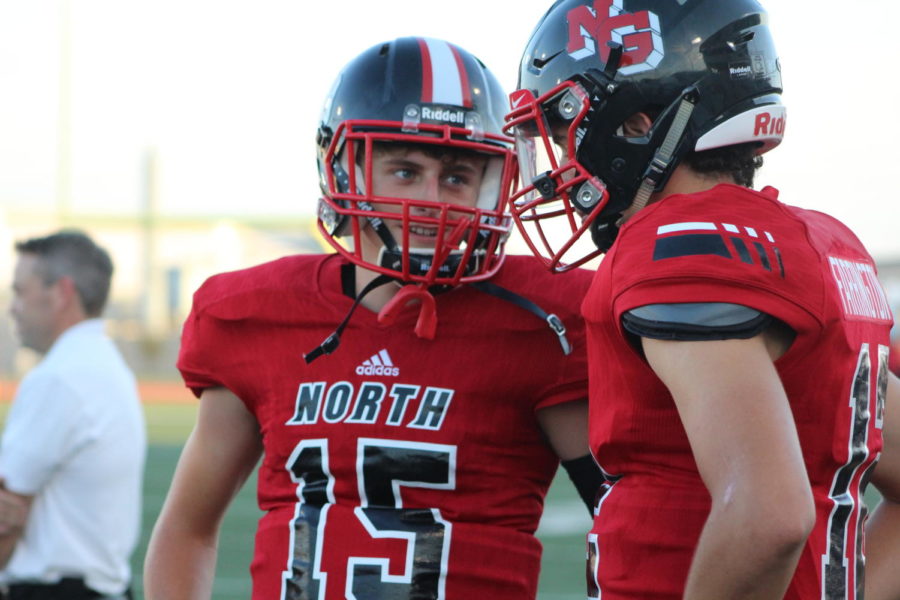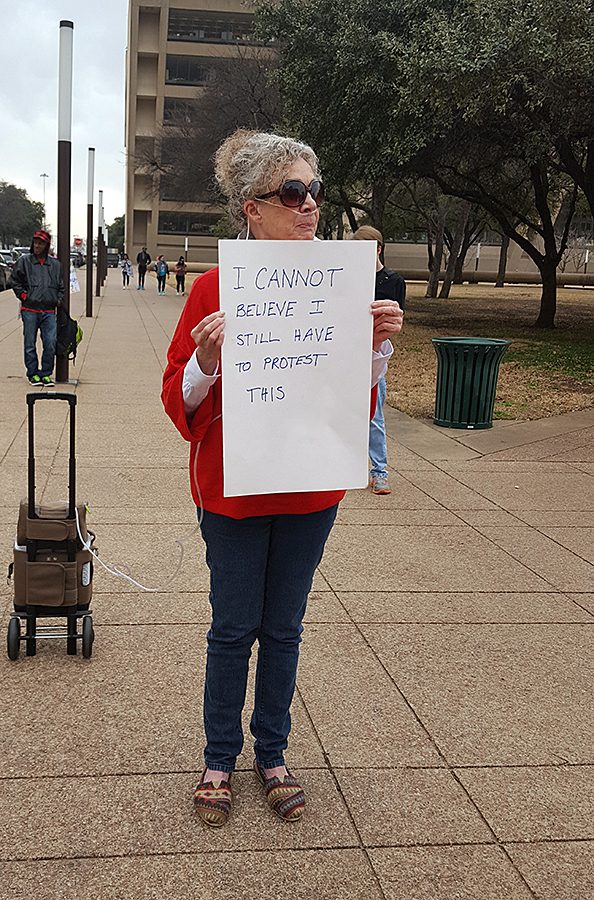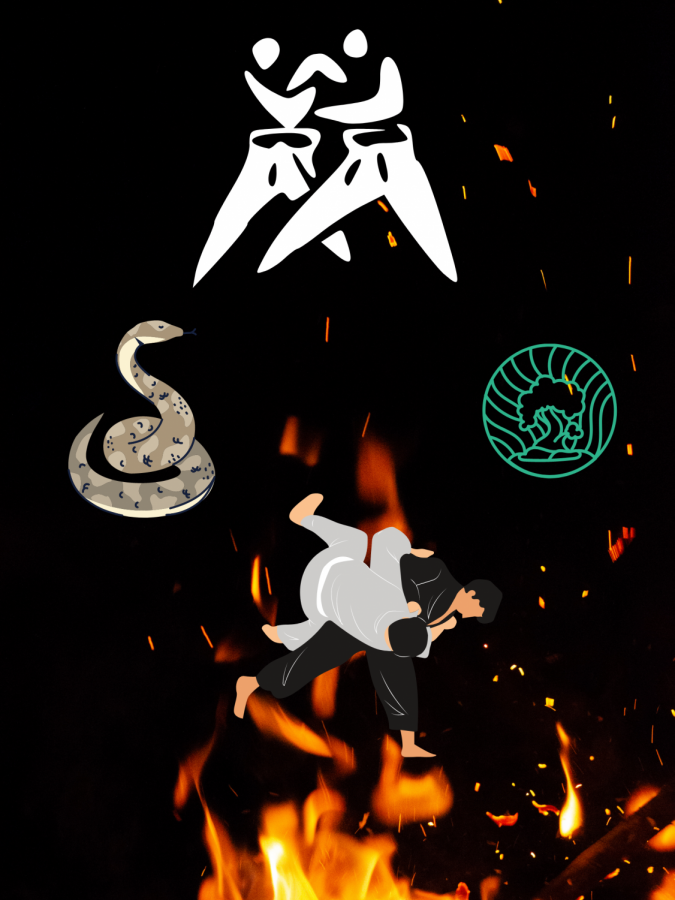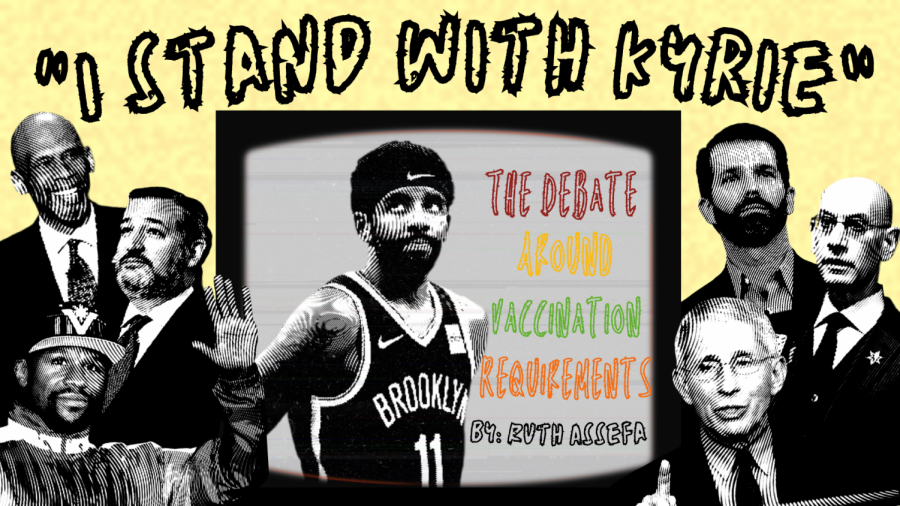When he was a junior preparing for the next football game, student resource officer T.J Bomkamp looked up to see a teammate being pushed around and harassed by a senior player and his posse. His coaches talked to the bully, but the message never completely got through to him.
“He got around to me and said not nice things and [gave] a little push here and there,” Bomkamp said. “But in some cases the smaller [the victims] were, [the harder] he would hold them down, give them wedgies or shove their face into the dirt.”
Bomkamp said that the reason why the bully and his friends got so much amusement from hurting others was because it got them noticed.
“[It] gave [him] a sense of power, and he got all the attention that he wanted,” Bomkamp said. “Because he was so big, he knew no one was going to mess with him.”
While some people are witnesses of physical bullying, others are victims of verbal bullying.
“I think I didn’t fit the stereotype of what they thought I should have been,” Biology teacher Andrea Daniels said. “They felt like they should talk about me because I was different. They would make fun of the way I talked, [because they thought] the way I talked was too proper.”
LIGHT counselor Karen Gordon says that the best people to stop the crime of bullying are the bystanders who are willing to speak up and tell an adult.
“If they think they could say something to the bully and say, ‘Can you please stop?’ without making it worse, then do that,” Bomkamp said. “But if not, talk to somebody like a principal, one of the teachers or myself and say, ‘This is the problem I’m having.’”
According to Gordon, the top two reasons why people would rather not share about the past is because of fear or retaliation and embarrassment and some, even, feel humiliated.
“Be comfortable with who you are, because everyone’s different,” Daniels said.
Gordon, Bomkamp and Daniels encourage victims of bullying to join organizations or projects that are aimed to stop bullying and to help the victims.
“A club or organization trying to pull in [the victims] who really want to belong, and they don’t know how to shine,” Gordon said. “They are quiet and shy, but they want to do it.”
Gordon believes that students either handle it well or let it roll off their backs making it harder to cope it.
“The least little action going and talking to them or offering them to sit with you is enormous,” Gordon said. “Sometimes eye contact or a smile has a greater impact than you would think.”

